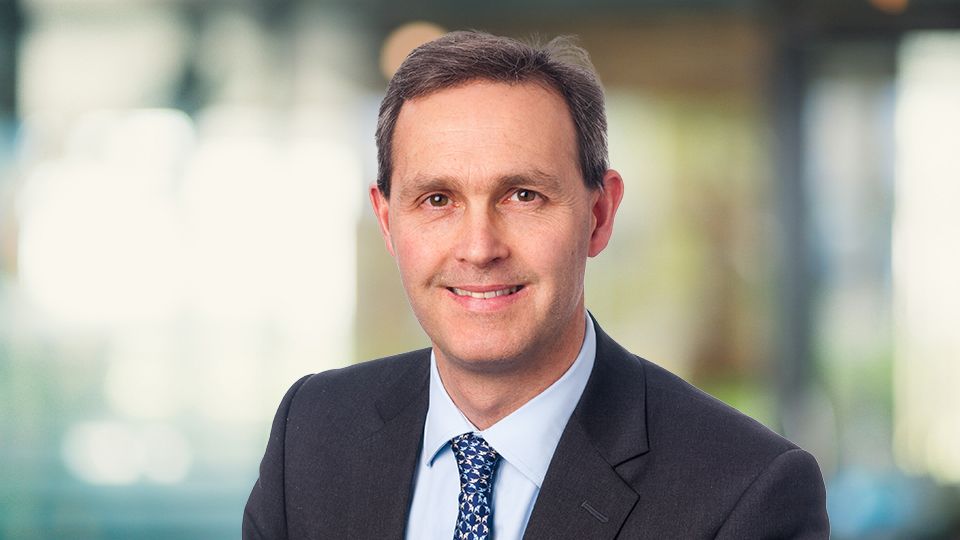In this series, ESG Clarity takes a deep dive into an investment firm’s stewardship activities, discovering their key focuses and processes, and what’s in their engagement toolkit.
Here, Bruce Duguid, head of stewardship at Federated Hermes, shares how clients have contributed to the evolution of the firm’s engagement plan and why they are embracing the opportunities within artificial intelligence while being mindful of the ethical risks and dilemmas.
What do you think will be the key trends in engagement and stewardship this year?
We anticipate our engagement continuing to adapt to the latest context, which includes increasing geopolitical risks, with associated human rights concerns in high-risk regions, engaging with companies to accelerate climate action and to focus on marine and terrestrial biodiversity loss across their value chains. In light of increasing concerns that the deployment of AI risks significant unintended consequences if not responsibly managed, we will continue to engage companies on our expectations for responsible development and deployment of AI.
See also: – How to build an effective stewardship programme
What is your firm focused on achieving with investee holdings?
We believe the purpose of investment is to create wealth sustainably over the long term. Effective stewardship is the principal activity for institutional investors to deliver this for investors.
Good governance sets the foundation for managing long-term risks and creating value for stakeholders. We seek robust board oversight and management by companies of the most material long-term drivers of sustainable wealth creation affecting each company, as well as those systemic risks to long-term portfolio growth which cannot easily be mitigated through diversified investment strategies.
When material and relevant, these factors should drive improved financial performance of individual companies to the benefit of investors, consistent with the long-term fiduciary interests of our clients, and more sustainable outcomes for society.
Where are clients putting pressure on asset managers to improve engagement?
More than 60 clients have helped contribute to the evolution of our engagement plan. From their responses, it is clear that their priorities remain in the core areas of good corporate governance, climate change risks and opportunities, management of human rights risks and good people management at companies. Rising issues of concern among our clients include a range of issues connected to nature and biodiversity, including animal welfare and also responsible deployment of artificial intelligence.
However, we cannot forget other important and material issues which are covered in our comprehensive global engagement programme, and so we continue to engage on other important themes including responsible tax practices, increasing resource efficiency through the circular economy, reducing all forms of harmful pollution and seeking positive wider societal outcomes through increased corporate responsibility.
How is your engagement toolkit evolving?
AI is fast becoming one of the most important themes in investment. While AI has the potential to drive a fourth industrial revolution and create new opportunities for businesses, it introduces new ethical dilemmas and risks – issues we have been in dialogue with companies on since 2018.
As AI deployment accelerates, we expect the importance of strong AI governance to become even more apparent. For this reason we will continue to intensify our engagement with companies on negative societal impacts, such as balancing freedom of expression and taking actions to respect privacy rights online.
While the accelerating deployment of AI is creating new opportunities for companies, it also brings with it the potential for workforce disruption, regulatory infraction or reputational damage, and we will be engaging with companies on how they mitigate these risks.








